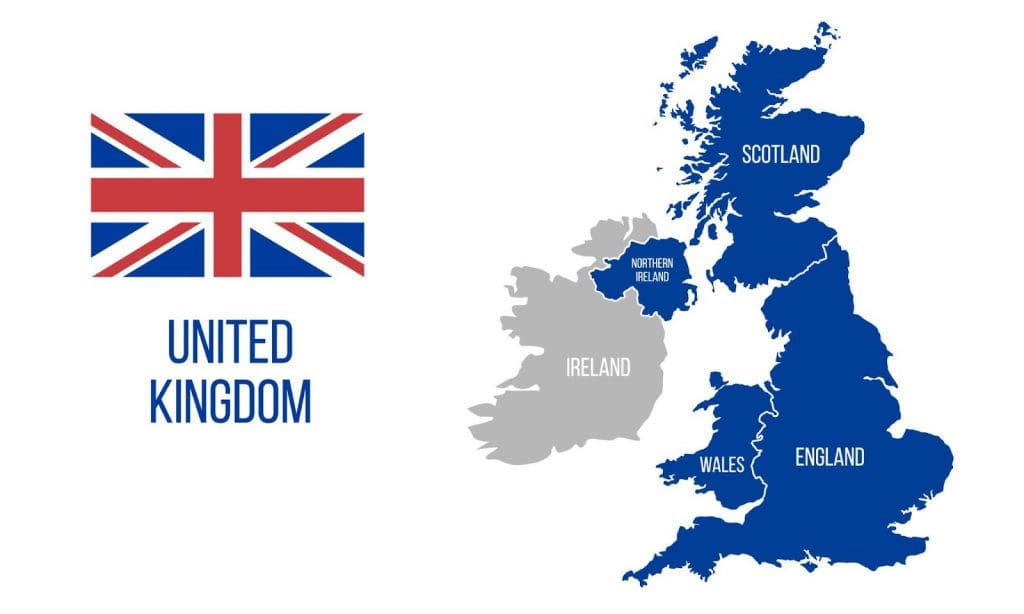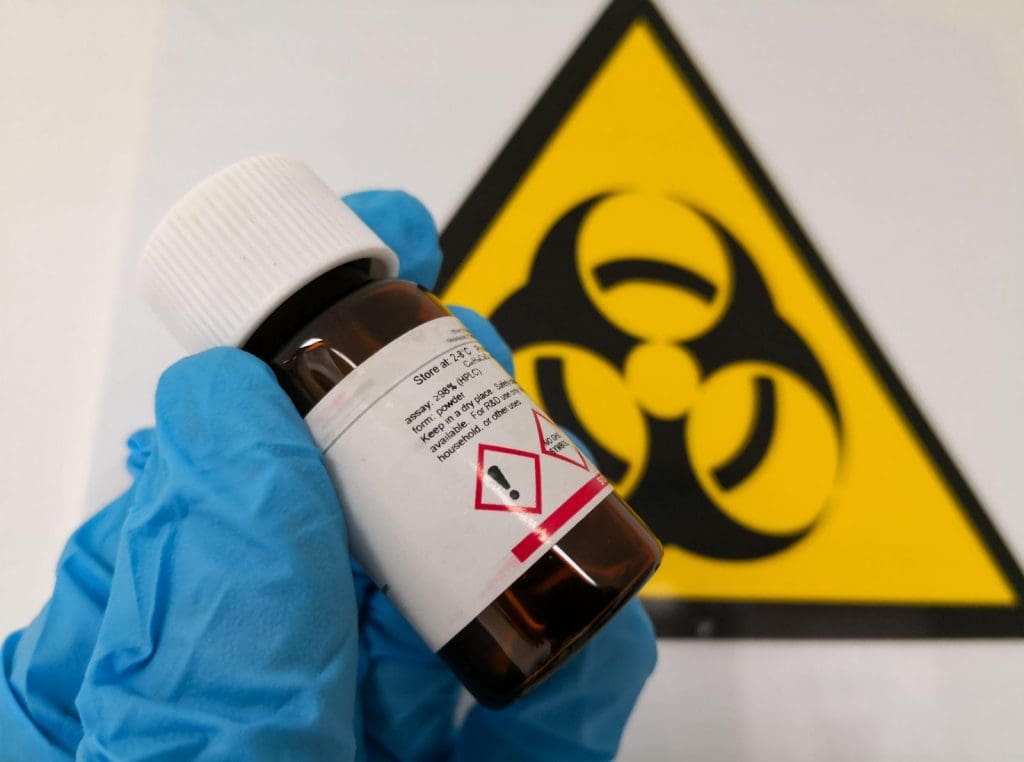
Hazardous goods safety is backed by a myriad of regulatory bodies worldwide with the collective goal of optimising the wellbeing of individuals who work with chemicals every day. In Great Britain (GB), there are a number of regulations that assist with keeping employees, employers, and consumers safe. These have had to be amended after Brexit, to provide GB with standalone national policies which create as little disruption to extant industry as possible. Read on for a rundown of what’s new on the regulation front in 2022.

Since the Brexit transition period ended on 30 December 2020, the EU-CLP no longer applies, so the UK has adopted the Great Britain Classification, Labelling and Packaging (GB-CLP) regulation.
The primary purpose of this regulation is to classify, label, and package chemicals – just like the EU-CLP. The GB-CLP applies to GB-based manufacturers, importers, downstream users, and distributors who supply the GB market. The CLP enforces classification and labelling of hazardous goods based on a list maintained by the UK Health and Safety Executive (HSE), known as the GB Mandatory Classification and Labelling List (GB MCL List). The CLP continues to be aligned with the UN’s globally harmonized system (GHS) of classification and labelling of chemicals
Standing for registration, evaluation, authorisation, and restriction of chemicals, UK-REACH is the primary regulation body associated with chemical suppliers. This has been adapted from EU-REACH and was put into effect from 1 January 2021. EU-REACH continues to apply to Northern Ireland under the NI Protocol.
The National Poisons Information Service (NPIS) is the new body emerging from the old Poisons Centre Notifications (PCN) in the UK. While notifications to NPIS were intended to be voluntary, a legislative error has reverted this back to mandatory reporting, effective from 1 January 2021.
All hazardous goods submitted to HSE must contain SDS information. To be compliant with CLP regulations in Great Britain, SDS must follow regulation 2015/830, originating from the EU. This requires all 16 GHS information sections.
Overall, SDS have not changed significantly during or after the Brexit transition period. However, for products supplied in the UK, the UK-based legal entity name and address must appear on the SDS and label, while an EU-based entity name and address must be provided for products supplied in the EU.
SDS notifications to NPIS are now mandatory, in accordance with Annex VIII of EU/GB CLP 1272/2008x. Notifications for hazardous chemicals or mixtures placed on the UK market must include a Unique Formula Identifier as well as complete SDS data.

In order to remain compliant, notifications of hazardous goods must be sent to NPIS, including resubmissions from any notifications after 1 January 2021 to fulfill updated requirements. Chemwatch can assist with this, offering a database of over 100 million existing SDS, with over 10,000 monographs. Monographs include up-to-date data on treatment advice (advice to doctor), acute and chronic symptoms of exposure, adverse effects, pharmacokinetics, and pharmacology.
It might feel daunting to rectify your SDS alone, especially if they need to be retrospectively compliant. SDS Only, the newest authoring service from Chemwatch, allows our in-house experts to do all of the hard work for you. We can provide you with up to 3 SDS in as little as 48 hours, streamlining the process for you as much as possible. If you prefer to write your own, our AuthorITe package contains everything you need to be compliant in the UK and 90 other countries, with a library of over 250,000 fully classified chemicals, and suggestion tools for new SDS. For smaller undertakings, GoSDS is a pay-as-you-go version of AuthorITe – ideal for when you only need the occasional SDS authored.
Chemwatch provides personalised training and a direct customer service line to its UK customers, covering all of your chemical regulation needs. Contact us today for help regarding your chemical labelling, Risk Assessment, SDS management, and more! You can also email us directly at UK*****@*******ch.net.
Sources: